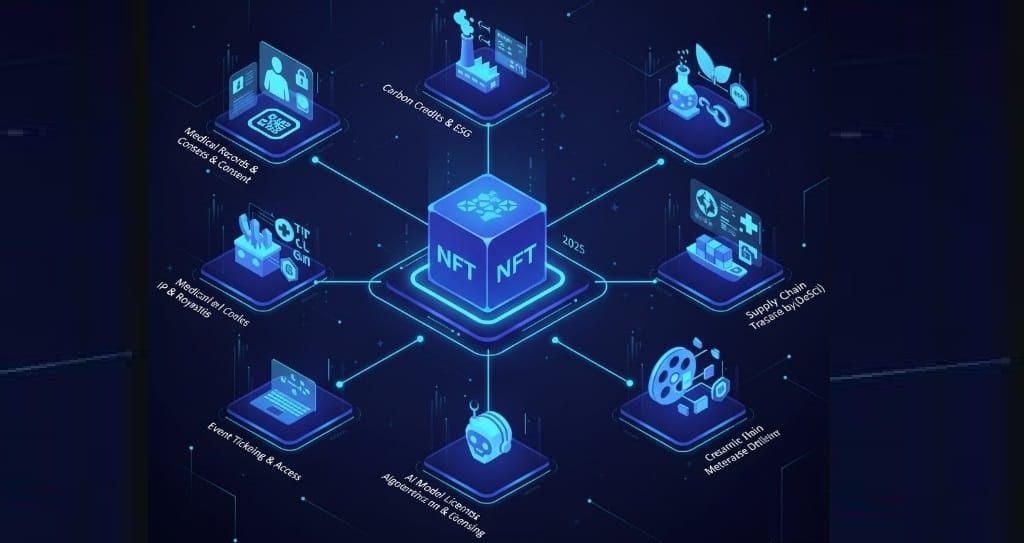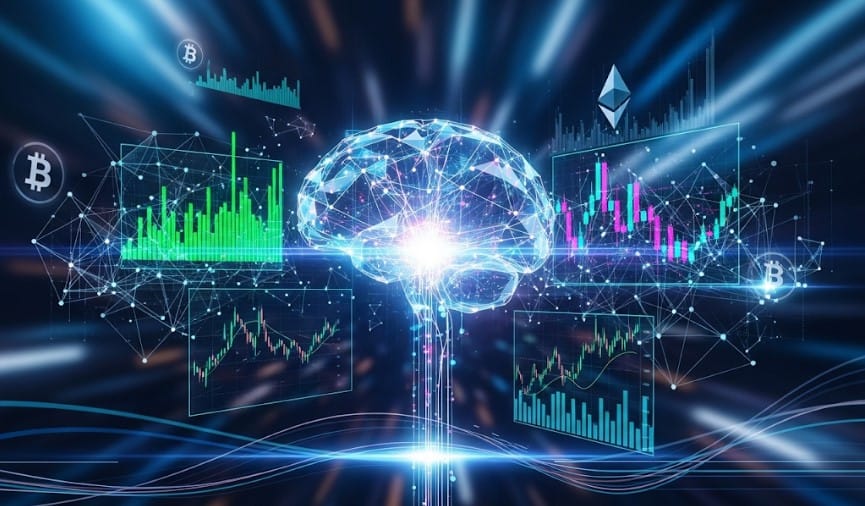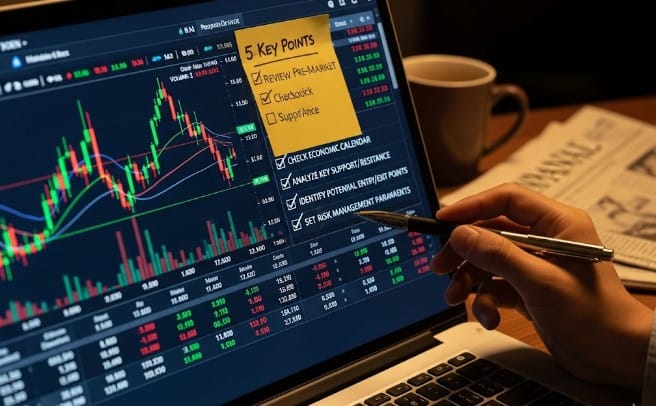Introduction
NFTs (Non-Fungible Tokens) emerged as a hype around digital art and collectibles, but their relevance continues to grow in 2025. Beyond flashy digital images and profile picture collections, NFTs are proving their utility across gaming, real-world asset tokenization, memberships, and even digital identity management.
This article explores why NFTs are still relevant and highlights unexpected use cases that showcase their transformative potential.
1. NFTs in Gaming: True Ownership and Play-to-Earn
Gaming remains one of the most robust and practical applications of NFTs:
- Players can own unique in-game assets such as weapons, characters, and skins as NFTs.
- Play-to-earn models allow gamers to earn NFTs or cryptocurrency rewards.
- Some NFTs enable cross-platform interoperability, allowing the same asset to be used in multiple games or virtual worlds.
Example: Illuvium, The Sandbox, and Axie Infinity illustrate how NFTs create real economic opportunities for gamers while enhancing engagement.
2. Tokenization of Real-World Assets
NFTs are no longer limited to the digital space—they are increasingly used to represent ownership of physical assets:
- Real Estate: Fractionalized ownership via NFT tokens allows global investors to buy shares of high-value properties.
- Luxury Goods: NFTs track authenticity and ownership of rare watches, art, and collectibles.
- Vehicles and Equipment: NFT-backed titles can reduce fraud and streamline asset transfers.
This tokenization bridges the gap between physical and digital economies, making previously illiquid assets tradable.
3. Memberships and Exclusive Access
NFTs are increasingly used as membership or access tokens:
- NFT holders gain entry to exclusive events, clubs, or communities.
- Brands are issuing NFTs to reward loyal customers with discounts, VIP experiences, or digital perks.
- The rise of fan-driven NFT projects allows holders to participate in decision-making or creative processes.
This extends NFT utility beyond collectibles, adding practical value and engagement.
4. NFTs for Digital Identity and Credentials
NFTs are emerging as tools for digital identity and verifiable credentials:
- Education and Certification: Diplomas, course completions, or professional achievements can be issued as NFT credentials.
- Membership Verification: Clubs or organizations can use NFTs to confirm membership status.
- Reputation Systems: NFTs can provide immutable proof of digital reputation in communities or professional networks.
By linking identity or credentials to NFTs, users gain security, authenticity, and portability across platforms.
5. NFTs in Intellectual Property and Licensing
NFTs are transforming how intellectual property is managed:
- Creators can tokenize licenses, patents, or media rights.
- Smart contracts enable automated royalty distribution whenever an NFT changes hands.
- Businesses can monetize digital and physical IP without intermediaries, streamlining transactions and reducing fraud.
This is especially relevant for media, music, publishing, and software industries.
6. Surprising and Emerging Use Cases
In 2025, NFTs are being applied in unexpected ways:
- Healthcare: NFTs representing personal health records or consent forms.
- Carbon Credits: NFT-based tokens track environmental impact and sustainability efforts.
- Insurance: Tokenized insurance policies for faster verification and claim processing.
- Supply Chain: NFTs track provenance and authenticity of goods from manufacture to sale.
These innovative applications show that NFTs are far more than collectibles—they are tools for verification, ownership, and value creation.
7. Why NFTs Remain Relevant
- Ownership Verification: Blockchain ensures authenticity and provenance.
- Fractional and Global Access: NFT tokenization enables participation across borders.
- Utility Beyond Art: NFTs provide real-world access, benefits, and credentials.
- Digital-Physical Bridging: NFTs link tangible and intangible assets.
- Innovation Potential: Smart contracts unlock creative ways to monetize, govern, and distribute value.
8. Challenges to Consider
Despite the promise, NFTs face hurdles:
- Regulatory Uncertainty: Rules around ownership, taxation, and IP vary globally.
- Speculation and Market Volatility: Not all NFTs retain long-term value.
- Technical Complexity: Users must manage wallets and keys securely.
- Adoption and Education: Mainstream users still need guidance to understand NFT utility.
Balancing innovation with responsible practices is key to sustainable growth.
Conclusion
NFTs are still highly relevant in 2025, proving their utility far beyond art and collectibles. From gaming and real-world asset tokenization to memberships, digital identity, and licensing, NFTs are transforming industries and enabling new economic models.
As the ecosystem matures, NFTs will continue to bridge digital and physical worlds, creating new opportunities for creators, businesses, and users alike.


